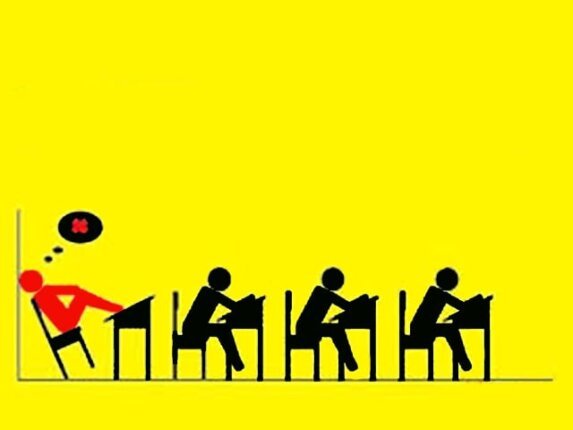In every classroom, the front rows are often reserved for the eager, disciplined, and attentive students — the ones teachers admire and often predict as future success stories. The back benches, on the other hand, are seen as the territory of the laid-back, the mischievous, and sometimes, the indifferent. For years, these students are misunderstood, labeled as underachievers or distractions. Yet, life has a fascinating way of flipping this narrative.
The truth is that back benchers do not view the classroom experience wholly. Their attention may wander, their participation might be selective, and their learning often happens outside the boundaries of the prescribed syllabus. While the front benchers focus on books, notes, and lectures, back benchers are quietly observing people, behaviors, and real-world dynamics. This unconventional education shapes their worldview differently. They are not merely memorizing theories; they are preparing, perhaps unconsciously, for the unpredictable theater of life.
As they step into practical life, the world presents itself to them in its entirety — a holistic, complex system of relationships, power struggles, and human emotions. Suddenly, what seemed irrelevant during their school or college years begins to make sense. Their ability to think independently, to question norms, and to connect with people often gives them a surprising edge.
It is no coincidence that many of these back benchers eventually rise to excel in professions that demand sharp wit, quick thinking, and people skills — most notably, the legal profession. A lawyer’s success is not built solely on textbooks or memorized laws; it depends on understanding human behavior, reading situations, and crafting persuasive arguments. These are skills often honed by those who once navigated the complex social ecosystem of the back benches.
History and society offer countless examples of individuals who were overlooked in their academic years but later became influential lawyers, leaders, and innovators. Their journey reminds us that education is not confined to classroom walls. Sometimes, the very students who seemed disengaged were simply learning in a different, less visible way.
So, the next time we dismiss a back bencher as a mere troublemaker, we should remember this: their story is still unfolding. In the grand courtroom of life, many of them will rise, not as defendants, but as advocates — honourable, capable, and ready to win the battles that truly matter.



